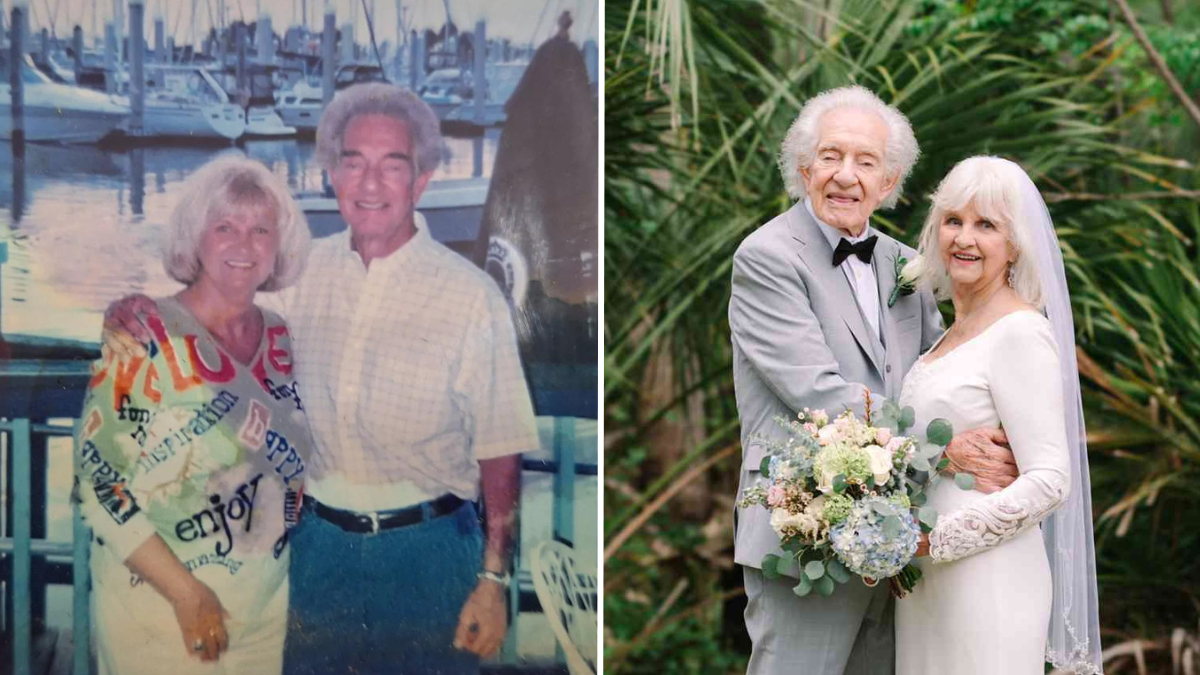
All Roads Lead to This Place: A Story of Empathy
“Gratitude must be something we strive for.” These were the words I uttered to my friend, as he asked me to weigh in on his divorce.
I was quite intentional with the way I phrased my response, because when someone is expressing their pain to you, the first thing to do is listen. The second is to wait for them to ask for your input; and if they do not ask, do not offer it. More often than not, our deepest desire is simply to be understood — to be heard… not to be told what should’ve been done, or what went wrong, or how things could have been different if we had only *insert advice*.
All Roads Lead to This Place: A Story of Empathy
If you are eventually asked for your input in the midst of someone’s crises, do not use the opportunity to employ your “I know what to do” agenda; do not rely on empty ego-boosts to distract them from their pain; and do not fall into the belittling of other parties. Above all else, do not say “everything happens for a reason,” because this offers zero value to a wandering mind and no consolation to an aching heart.
When we are in the depths of our despair, we cling to anything that gives us hope, and this idea that ‘everything happens for a reason’ causes us to become hyper-focused on a future that unfolds some magic reason. In this state of mind, we yearn for immediate validation of our trauma, and in doing so, we become so obsessed with witnessing our ‘reason’ that we ignore our greatest truth: that we don’t need a reason. That life is still happening all around us.
Moving forward in life is an eventual process. We must allow that process, and enable it in others with compassion, no matter how long it may take. We must understand that we are in no position to even begin understanding the lessons others will learn, nor can we lessen their pain along the way. But we can listen without being instructors. We can empathize without being saviors.
We are in no position to even begin understanding the lessons others will learn, nor can we lessen their pain along the way. But we can listen without being instructors. We can empathize without being saviors.
You see, as an empathic soul, you feel the struggle of others, but you also feel sympathy and want to help ease their lives, too. This response, however, tends to be based on ego more than anything. Sympathy and empathy are not the same. The idea that we must respond with our own diagnosis, that we are enlightened enough to ‘correct’ someone’s journey, misses the point of empathy. The day I discovered this, I felt like I finally understood people. I learned what empathy truly is.
Empathy is not hurting for others and offering advice for which a ‘thanks’ is due, but something much more challenging. It is being present for what someone wants to express in the midst of melancholy. Empathy is knowing the emotions that overcome all people in distress. And empathy is allowing them to express their reality, void of judgment, inquiry, or interruption. When we can step back and, by virtue of listening, say, “I may not understand, but I acknowledge you,” then we’ve graduated to empathy.
If we all acknowledge a little more, we can be brought into a calming awareness of the human experience – one that softens us into clarity rather than contempt. And with this softening, comes the birth of our freedom. This is the moment we begin living. The moment we admit our ultimate fear of laying on a deathbed having lived so often in regret that our only wish is to go back and live in a different way. And so, gratitude must be something we strive for, because the only alternative is fear—a fear we already have the power to extinguish. The real question is of when we choose to face that flame.
The fear you didn’t want to face, the experience you didn’t want to endure, the love you didn’t want to lose, the ego you didn’t want to escape — these are the things that will carve your story.
The fear you didn’t want to face, the experience you didn’t want to endure, the love you didn’t want to lose, the ego you didn’t want to escape — these are the things that will carve your story. The stake that drives you to the ground today is the launchpad that catapults you to the moon tomorrow.
So when you offer advice on what others “should have” done, please remember, their experiences, too, are leading them on a journey of courage, far more valuable than the moment you perceive. What better way to exhibit this essence than to meet life with gratitude? Surely, we walk different paths, but all roads, it seems, lead to this place. I’ll meet you there.




